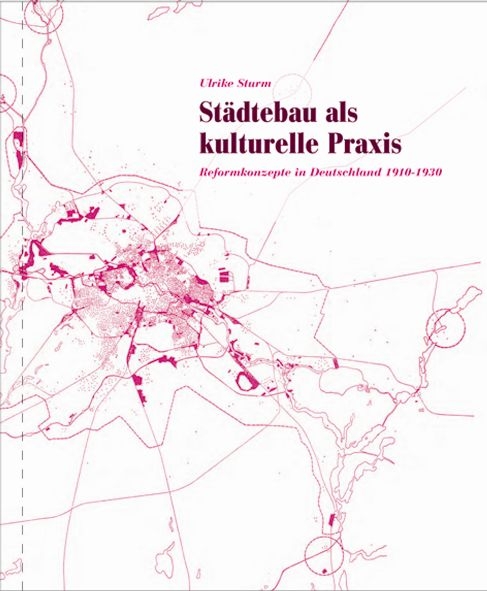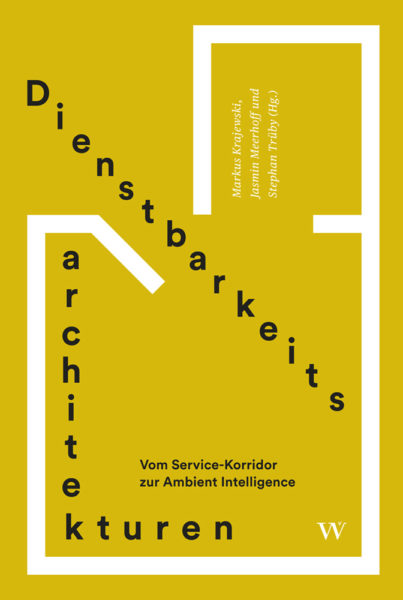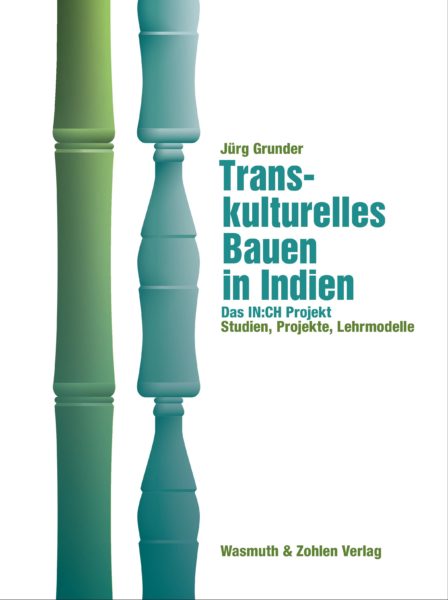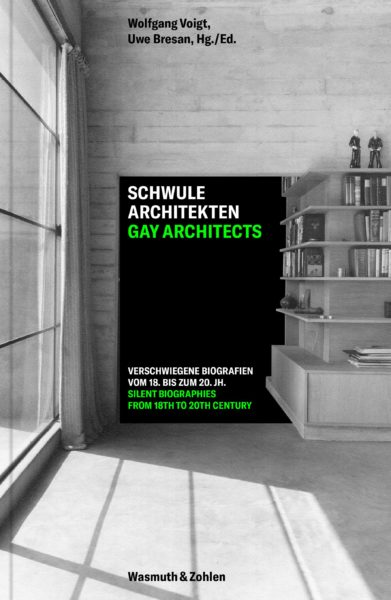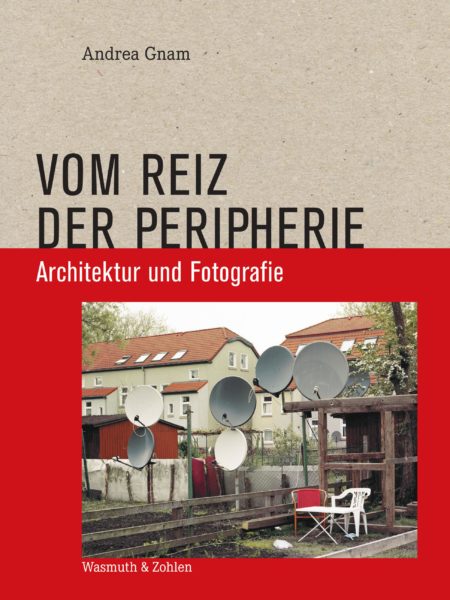Städtebau als kulturelle Praxis
Reformkonzepte in Deutschland 1910–1930
Ulrike Sturm's study focuses on a loosely cooperating group of urban designers, urban planners, as well as critics and scholars of the Weimar Republic, who argued for innovative concepts and procedures in urban planning, but in doing so referred quite explicitly to cultural traditions dating back to the 19th century. Until now, this group has not been perceived as such by researchers. The representatives of this attitude are referred to in the study as protagonists of an urban building culture, since they understood urban planning from the reference to a cultural development of society. In this context, culture encompasses both (building) artistic activity as higher intellectual work and everyday life, which is understood as the everyday culture of a society.
- Author: Ulrike Sturm
- ISBN: 978 3 8030 0743 8
- Size: 22,5 x 26,5 cm. Hardcover
- Edition: 1st edition, original edition
38,00 €
incl. 7% VAT
zzgl. Versandkosten
-
The development of urban planning theory in the 1920s and early 1930s was characterized – not only in Germany – by the idea that the contemporary city had to face new tasks and challenges that could only be solved with the help of scientific knowledge. A new concept of purposes and functions replaced the talk of needs that had been common until World War I and led to the model of a “functional city.
The fundamental notion of a need for reform in urban planning practice in the early 20th century made the urban planner and architect a reformer with the task of raising the cultural level of everyday life and architecture. Social reform and aesthetic reform are equally part of this mission. The fact that these were not just isolated individuals, but that numerous urban planners of the Weimar Republic shared this attitude, both theoretically and practically, sheds new light on the history of urban planning of this period, which until now has been strongly characterized by the study of avant-garde or – in contrast – conservative to National Socialist attitudes in the political sense.
With its convincing structure, scholarly precision, and clear argumentation, the study is suited to reopen the discussion of urban planning theory in the 1920s.Read in:
Deutsch -
Author Ulrike Sturm ISBN 978 3 8030 0743 8 Size 22,5 x 26,5 cm. Hardcover Number of pages 278 pages Illustrations 142 Illustrations Languages German Edition 1st edition, original edition Release November 2013

